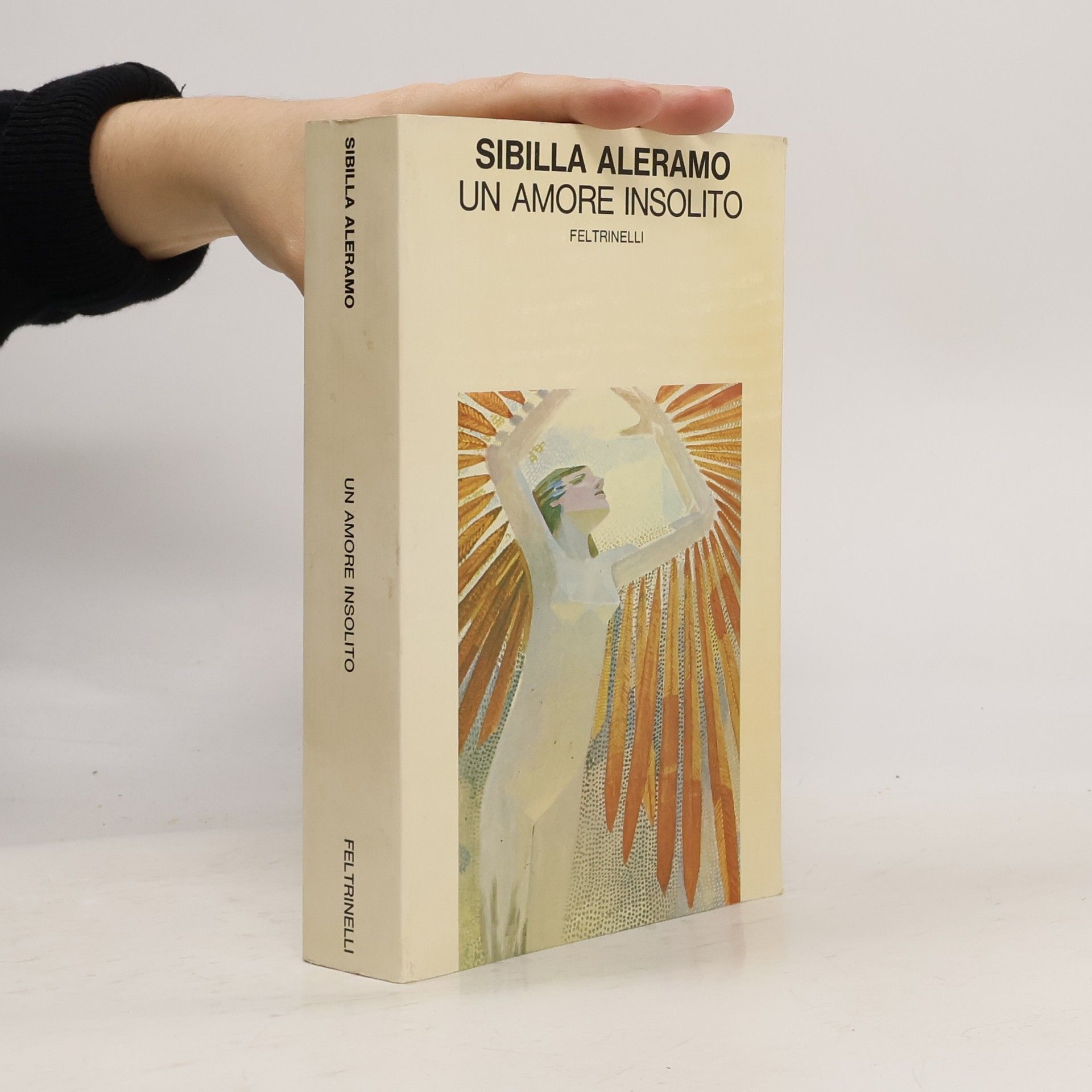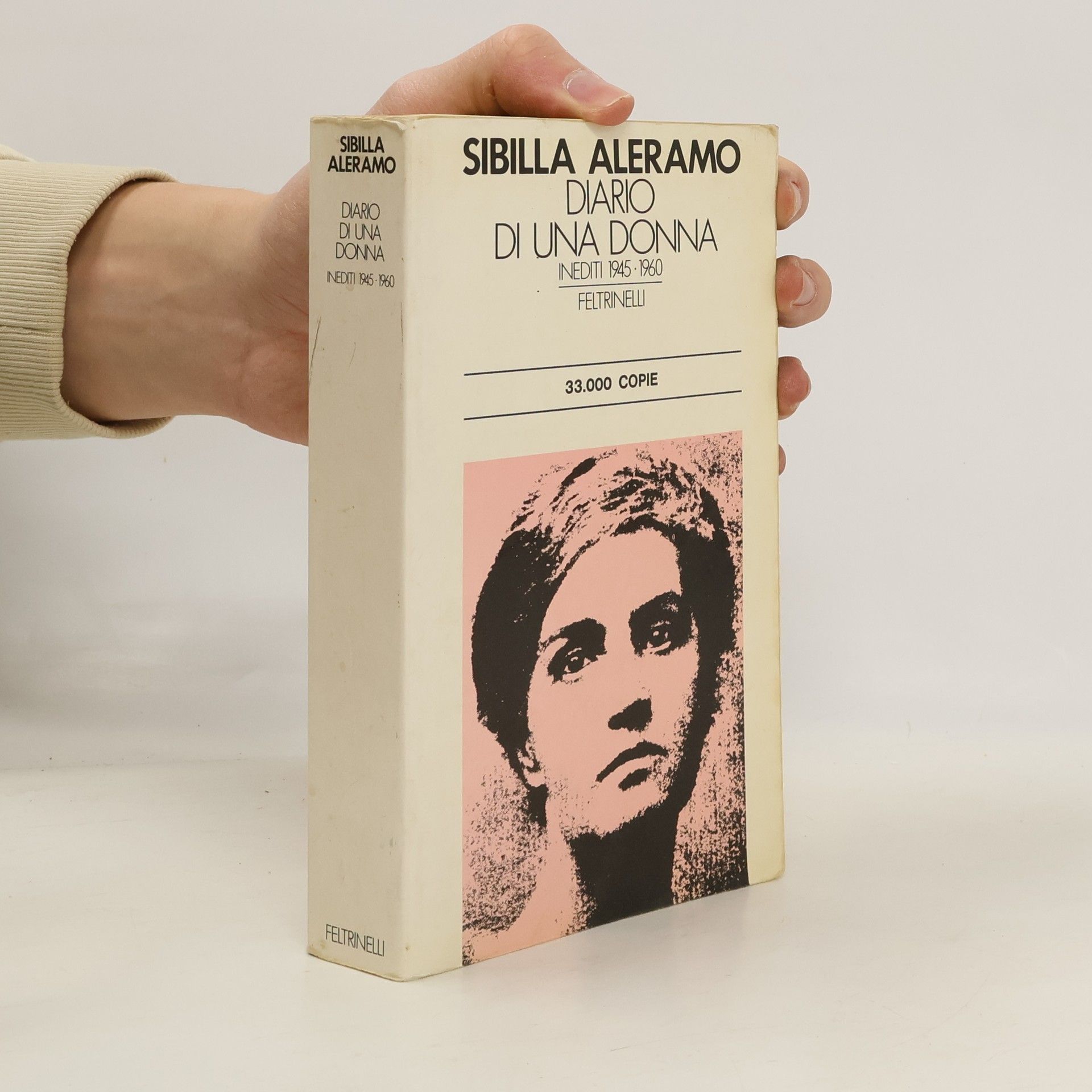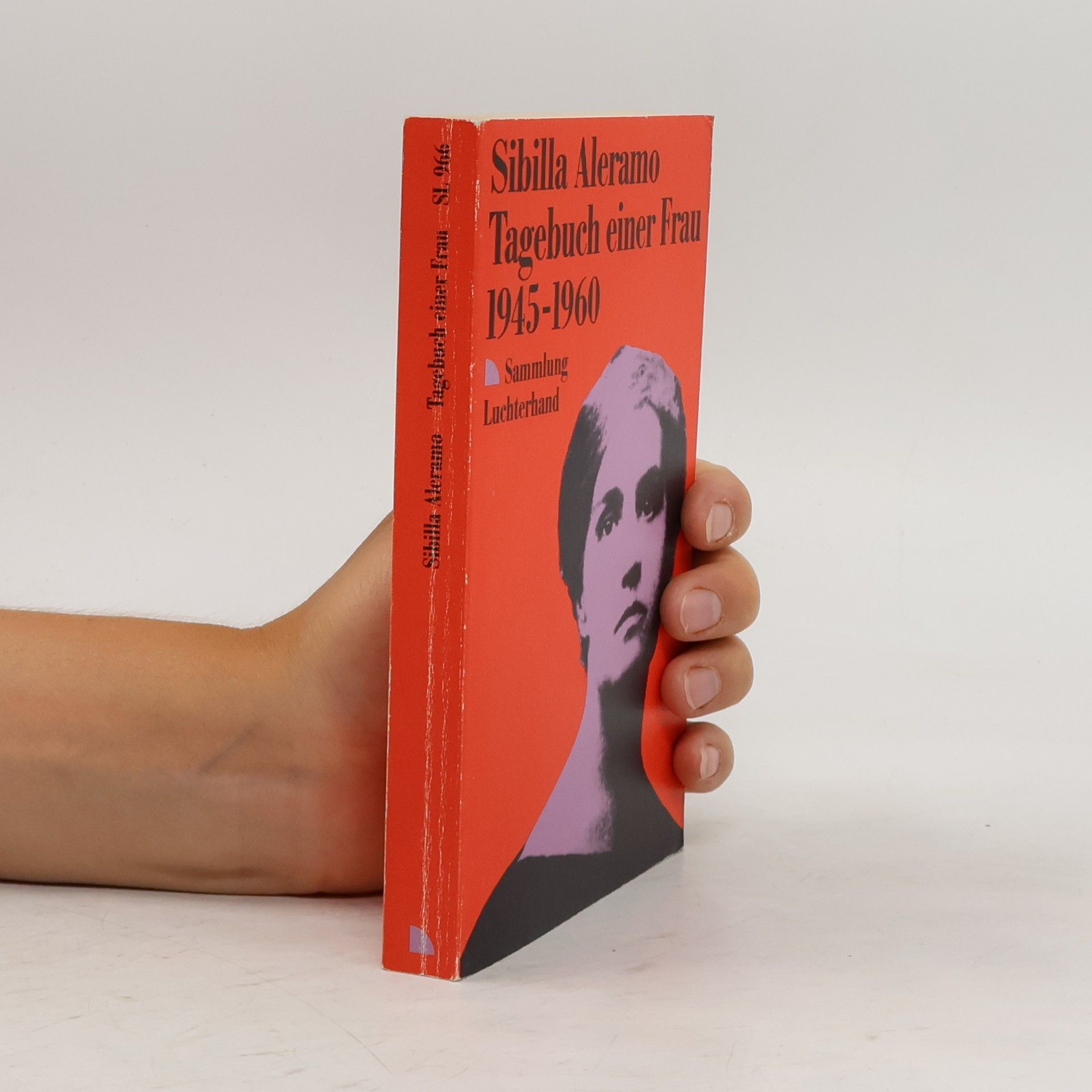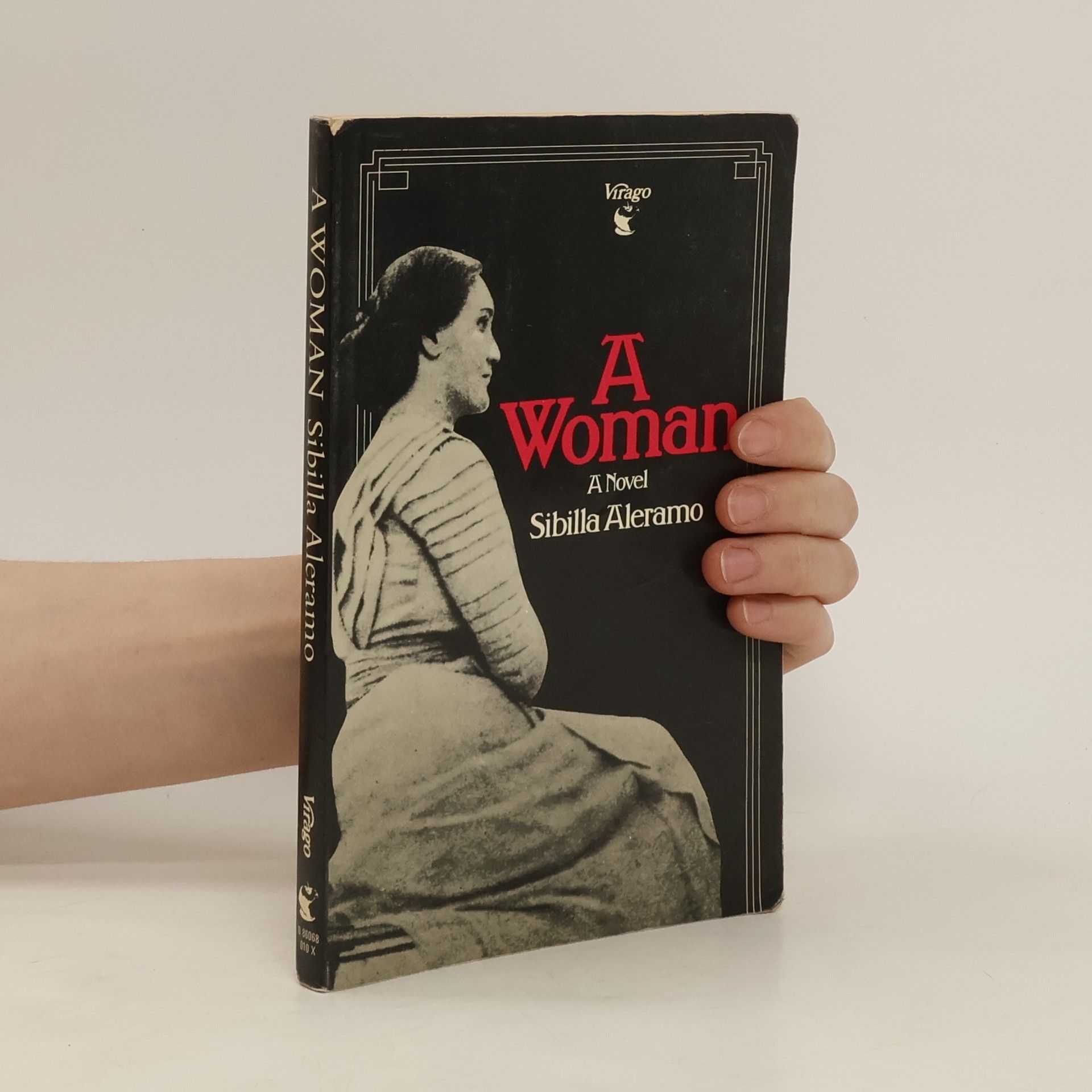Eine Frau
Roman - Mit einem Nachwort von Elke Heidenreich | „Mutig und modern, kraftvoll und konsequent. Der Roman einer Befreiung.“ Maria-Christina Piwowarski
„Lieben und Opfer bringen! War ihr Schicksal vielleicht das Schicksal aller Frauen?“ Der erste feministische Roman Italiens in deutscher Neuübersetzung Die unbeschwerte Kindheit von Sibilla Aleramo findet ein abruptes Ende, als sie sich mit siebzehn Jahren in einen Arbeiter aus der Glasfabrik ihres Vaters verliebt, ungeplant schwanger wird und heiraten muss. Plötzlich Mutter und Ehefrau, sieht sie sich gefangen in den patriarchalen Strukturen der damaligen Zeit – so wie ihre eigene Mutter und alle Frauen, die sie kennt. Doch statt sich den Erwartungen an ihre neue Rolle zu fügen, strebt sie nach Freiheit, Selbstbestimmung und einem Leben voller Bildung und Literatur. Sibilla Aleramo ist „eine Frau“ – und doch fängt sie das Schicksal einer ganzen Generation von Frauen ein und beschreibt authentisch und mit außergewöhnlicher Intensität, wie sich ihre Protagonistin aus den Fesseln der Tradition befreit und ihre eigene Identität findet. Eine Frau ist nicht nur das eindringliche Porträt der italienischen Gesellschaft um die Jahrhundertwende, sondern auch ein Manifest für Gleichberechtigung in jedem Sinne – und inspiriert so noch heute, über die Grenzen der eigenen Lebensumstände hinaus zu denken. „Die erste feministische Autorin Italiens!“ La Repubblica





